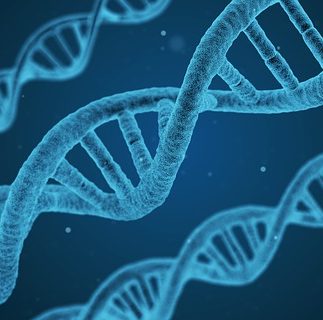 Mental health among autistic individuals is an underdeveloped area of research—a situation that many autistic people are advocating to change. This is especially crucial since rates of depression and thoughts of suicide are higher among autistic people than in the general population.
Mental health among autistic individuals is an underdeveloped area of research—a situation that many autistic people are advocating to change. This is especially crucial since rates of depression and thoughts of suicide are higher among autistic people than in the general population.
But why would there be a stark difference in the mental health and well-being of autistic people compared to “neurotypical” people? A recent study, one of the few looking at this issue, set out to examine the importance of acceptance.
One hundred eleven autistic individuals in the U.K. filled out online surveys about their levels of acceptance—from themselves and society—and their depression, anxiety, and stress. Authentic autism acceptance would imply “an individual feeling accepted or appreciated as an autistic person, with autism positively recognized and accepted by others and the self as an integral part of that individual,” the study explained.
The results? As predicted, those who felt less accepted by others and by themselves showed higher levels of depression and stress.
So how can we support the mental health of autistic people?
According to the researchers, one factor that can contribute to acceptance is how we think about autism—in particular, whether we embrace the “neurodiversity” framework and a social model of disability, as opposed to a medical one. Neurodiversity is a way of conceptualizing mental differences as part of natural human diversity, as opposed to pathologizing some neurological makeups (such as autism) as abnormal. The social model of disability focuses on systemic factors within society that disadvantage particular people, whereas a medical model sees certain people as intrinsically, biologically disabled when they differ from a perceived norm.
Excerpted from the “How to Support Mental Health in People with Autism,” published January 18, 2018 in Greater Good Magazine published by the Greater Good Science Center (GGSC) at the University of California, Berkeley. The study abstract is available here.
Source: Greater Good Magazine | How to Support Mental Health in People with Autism, https://greatergood.berkeley.edu/article/item/how_to_support_mental_health_in_autistic_people | © 2018 The Greater Good Science Center at the University of California, Berkeley
To schedule an evaluation or to get advice about your child’s challenges, call or email a CHC Care Coordinator at 650.688.3625 or careteam@stage.chconline.org





